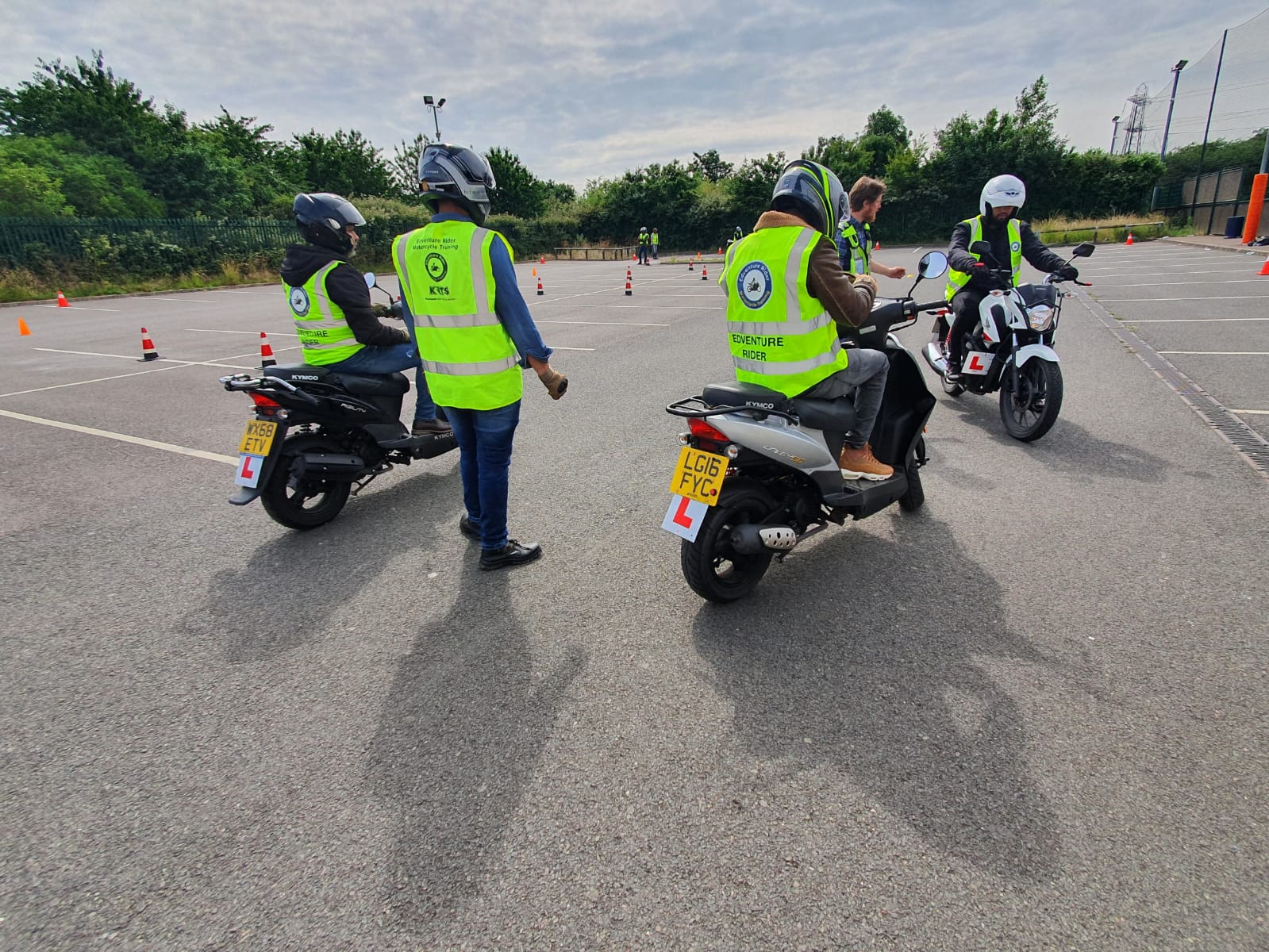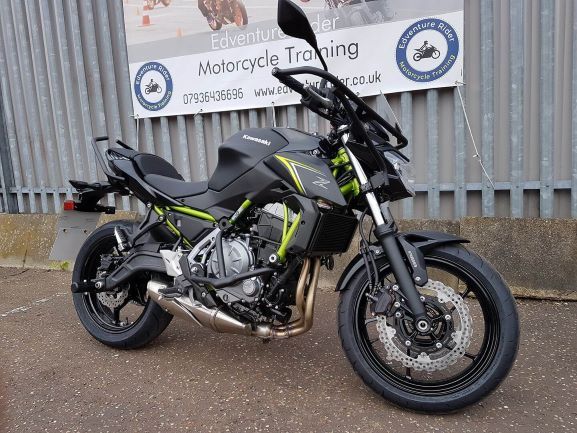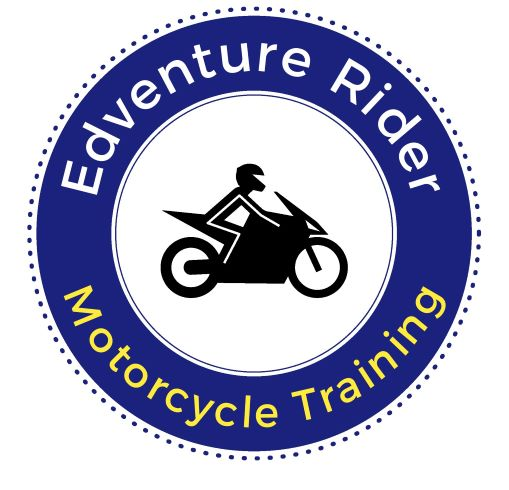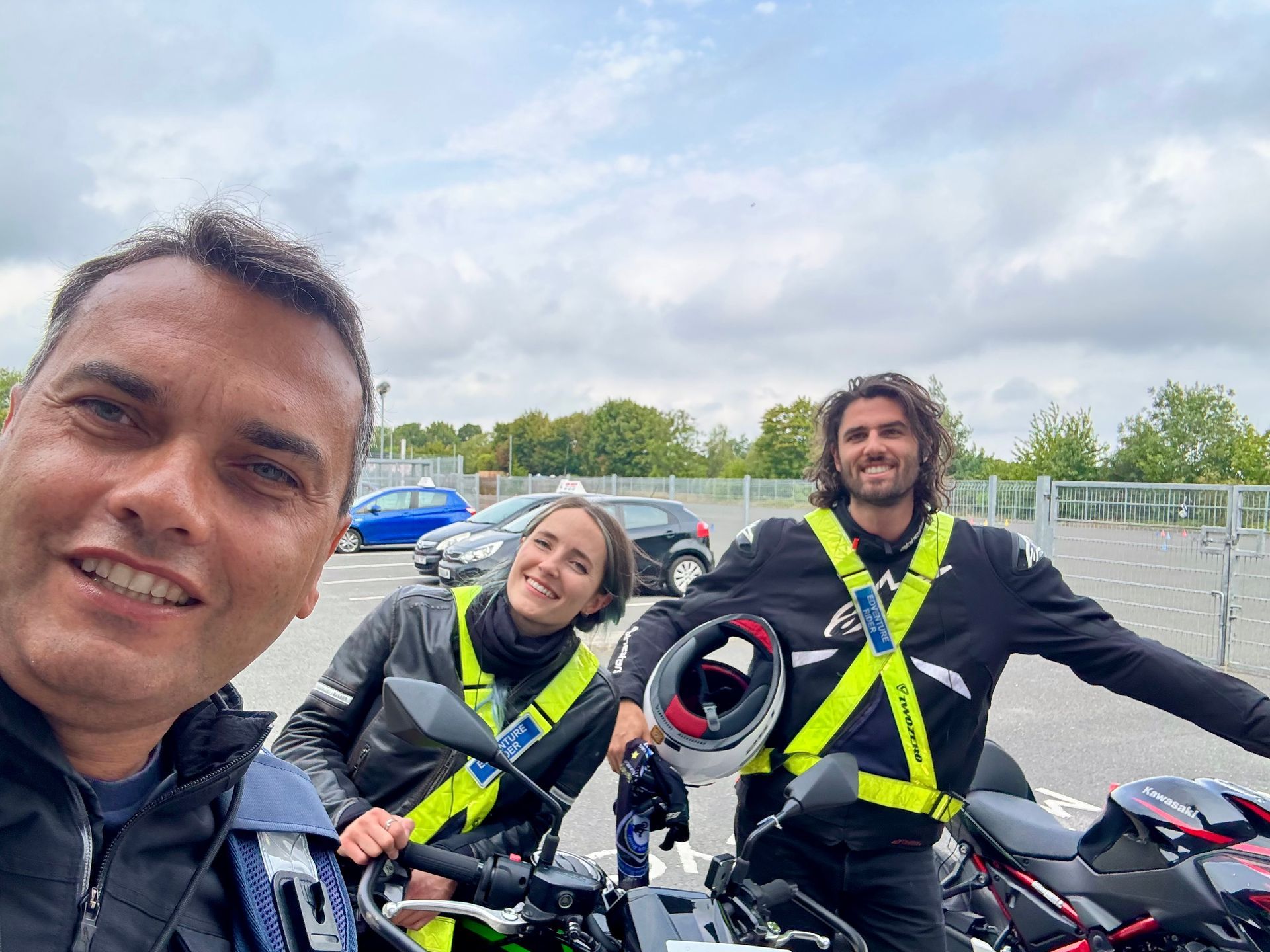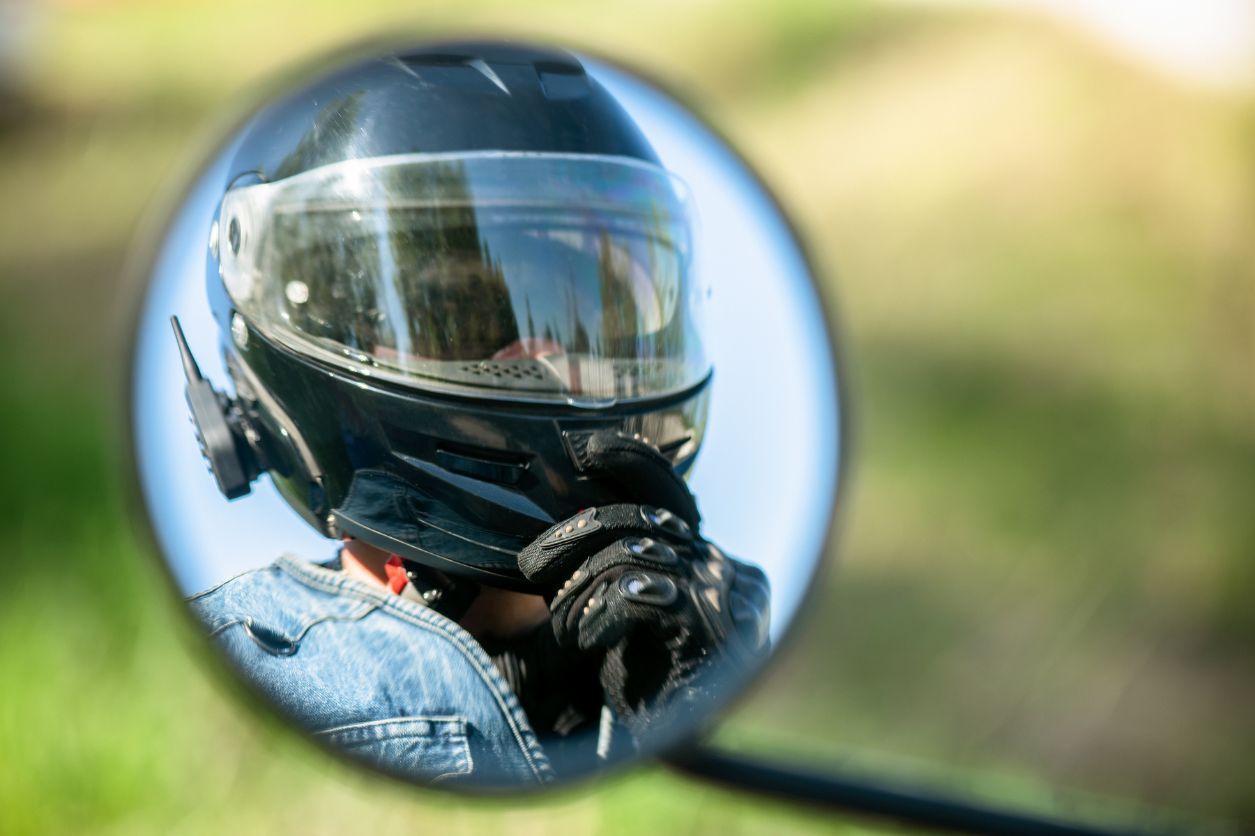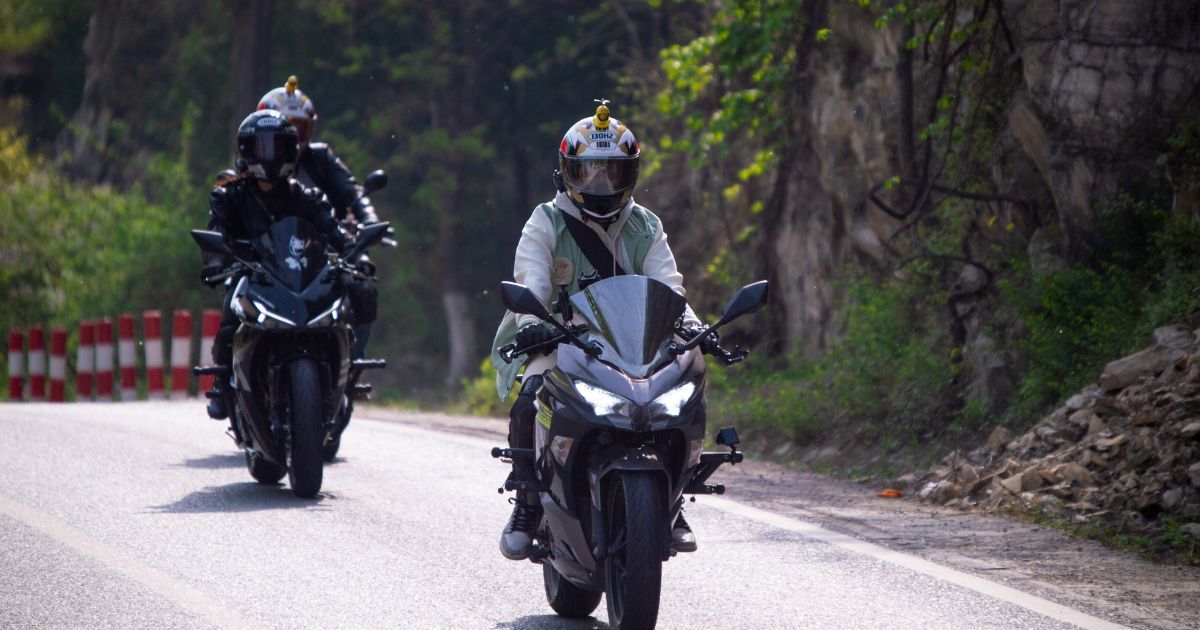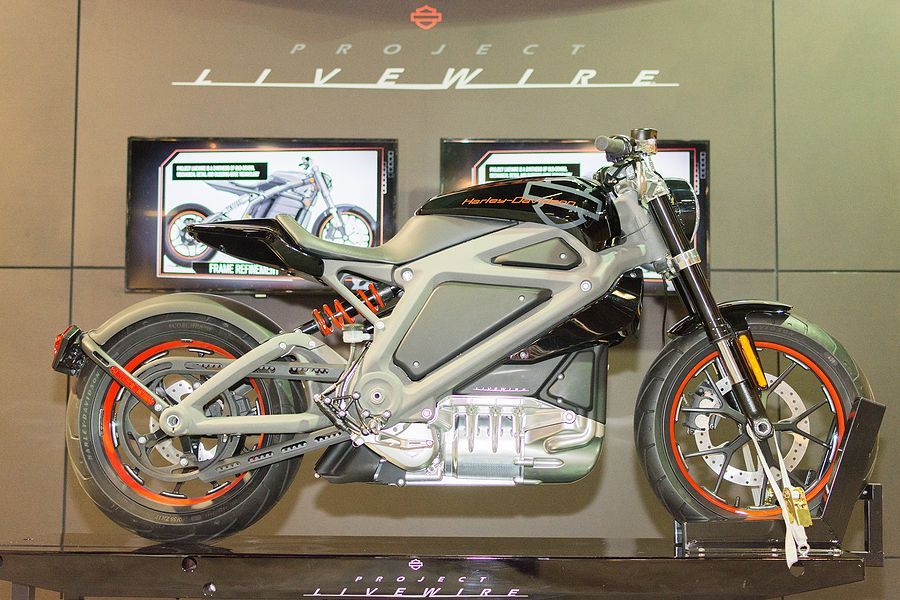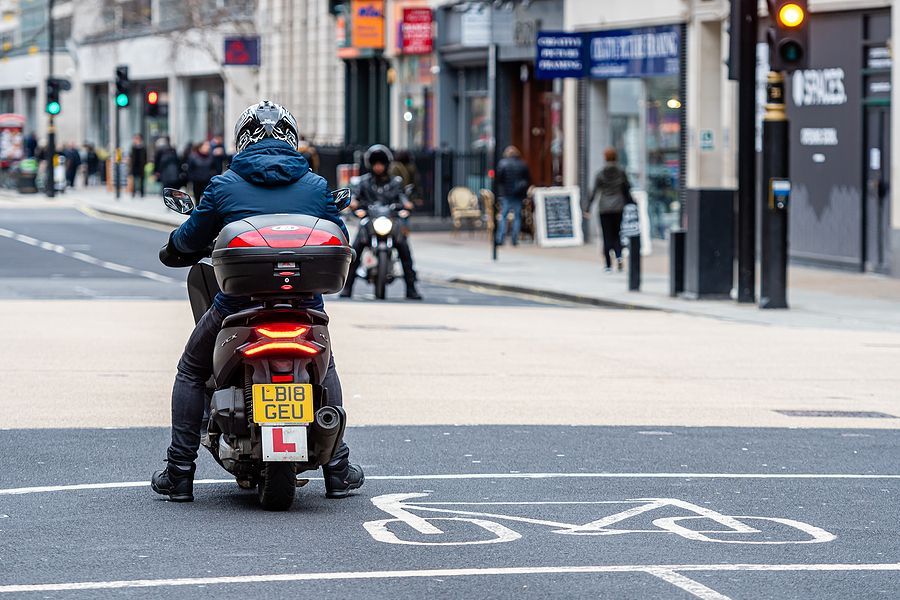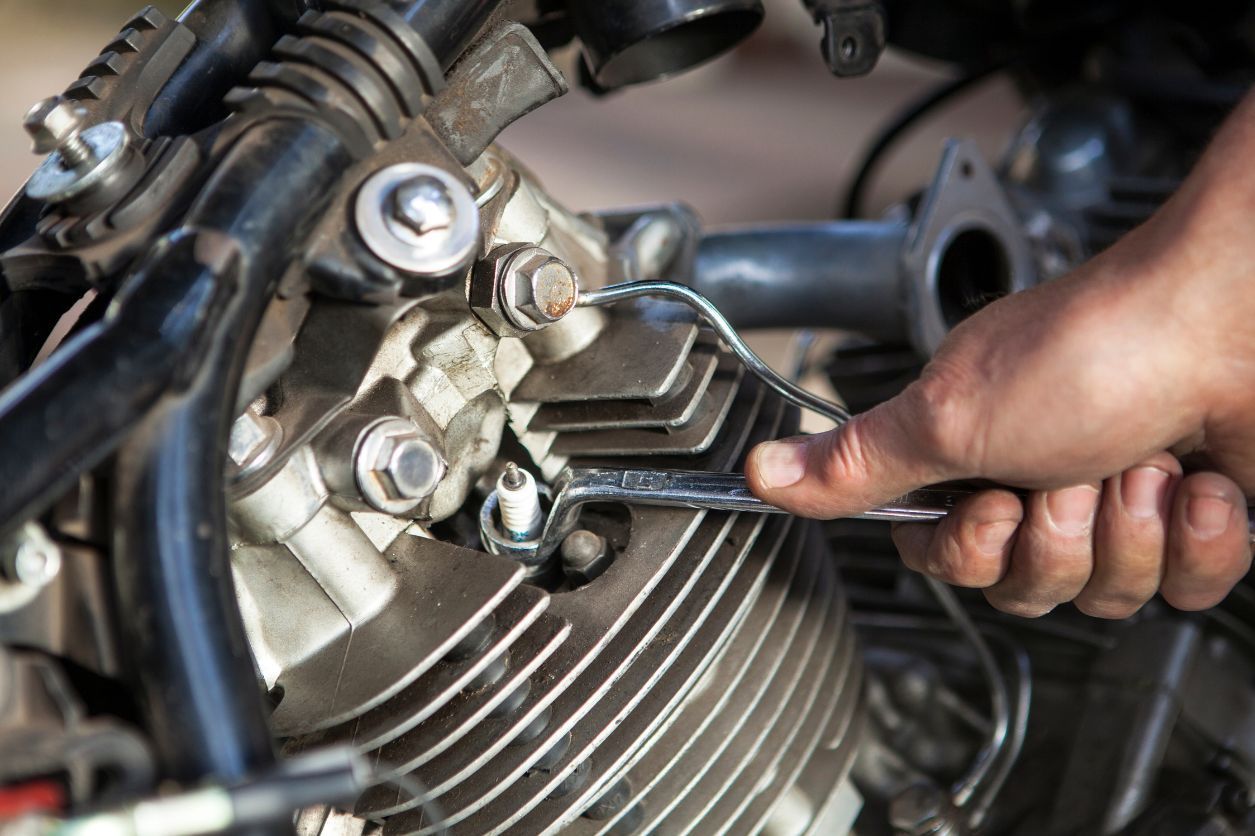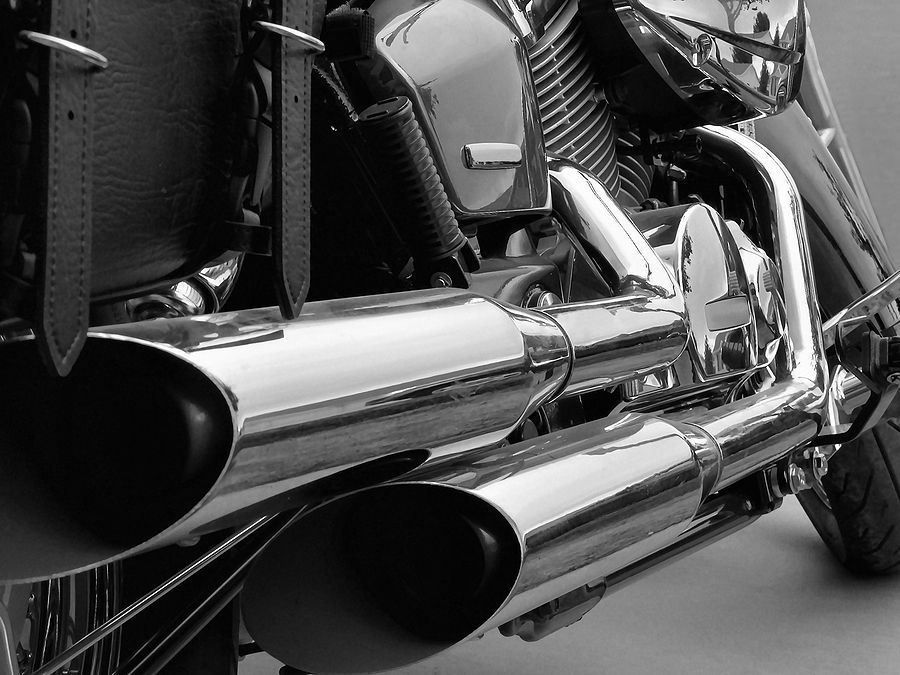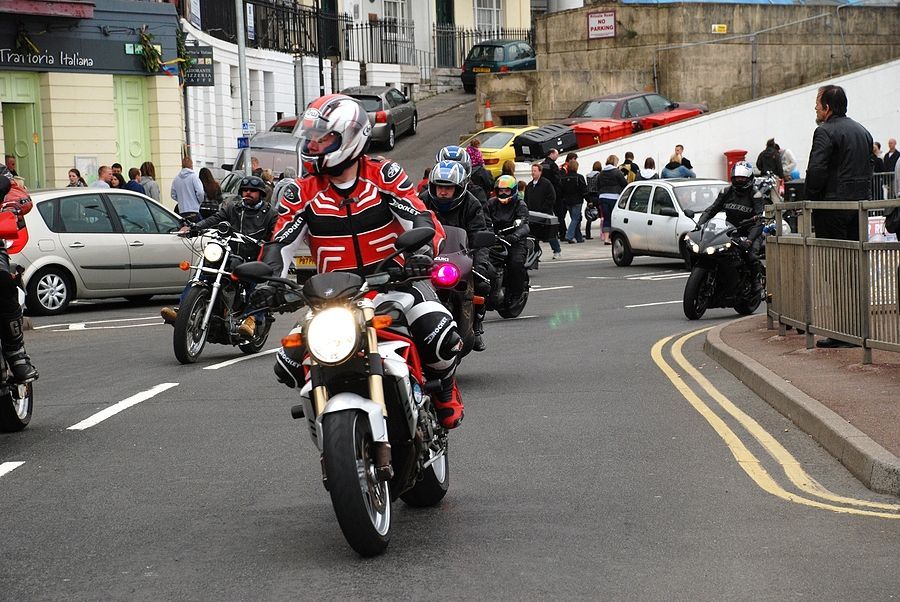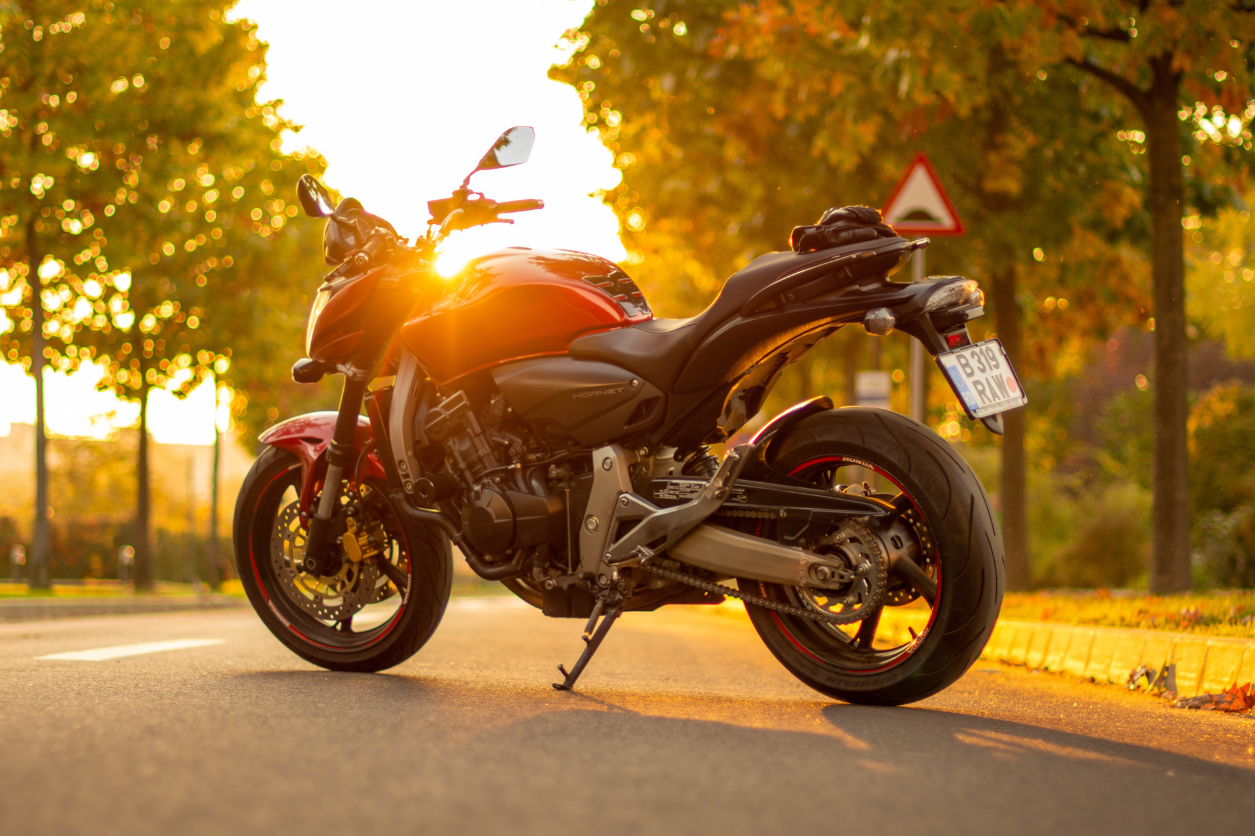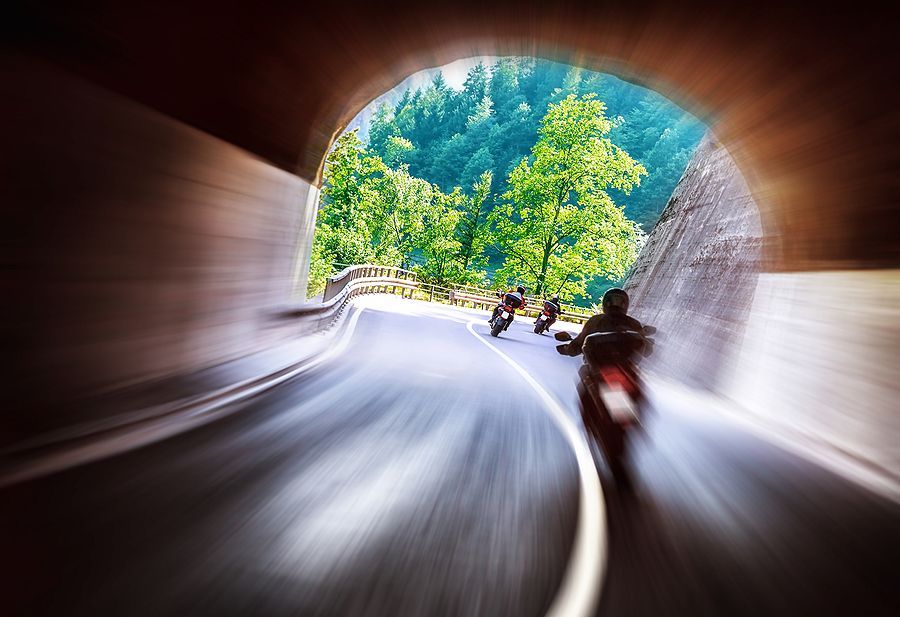Transport Body Calls on Government To Back Motorcycling
Transport Body Calls on Government To Back Motorcycling
Among the best reasons to take motorbike lessons in London is the fact that it is easier to get around the congested streets on two wheels. But it can also bring wider societal and environmental benefits as bikes have lower emissions than cars.
This point was made by road safety body IAM Roadsmart, which is campaigning for the government to do more to encourage people to ride motorbikes.
It has produced research showing that despite the benefits of lower emissions and reduced congestion, the British public remains largely unconvinced of the benefits of bikes, something the organisation wants to see change.
Just 22 per cent thought motorbikes had a positive impact on air quality and only 42 per cent acknowledged that they could cut congestion.
IAM Roadsmart stated that as bikes produce half the emissions of cars - or less - and that congestion could fall by 40 per cent if just ten per cent of car drivers switched to two wheels, there needs to be more awareness of the benefits of motorbikes, with the government adding support to help bring this about.
Director of policy and research at IAM Roadsmart Neil Greig said motorbikes had been “frustratingly” overlooked by policymakers, even though they “represent a huge opportunity in combatting poor air quality and congested roads.“
He added: “Indeed, their smaller size means that motorcyclists can safely filter through traffic, while smaller engines mean they produce less harmful emissions.”
The organisation raised the issue at the motorcycle Sector Ministerial Round Table on June 21st, an event hosted by the Department for Transport, so the message will have been heard by the government.
While the points made by IAM Roadsmart apply to the whole of the UK, London remains the most notorious place for congestion; A survey by global traffic analytics firm Inrix last year revealed London to be the most congested city in the world, with 156 hours a year lost to congestion per driver.
By comparison, Bristol was second in the UK with 91 hours lost and Manchester third with 84 hours.
